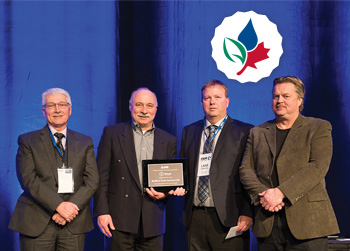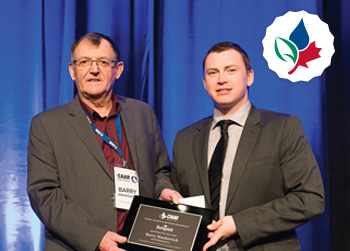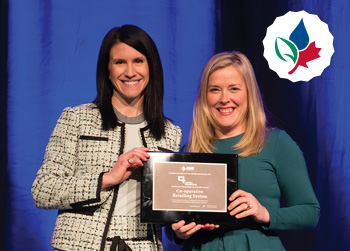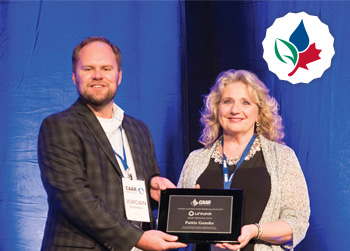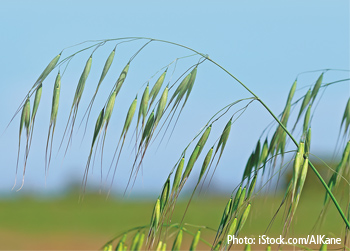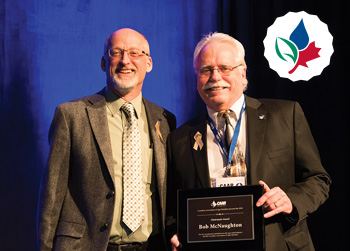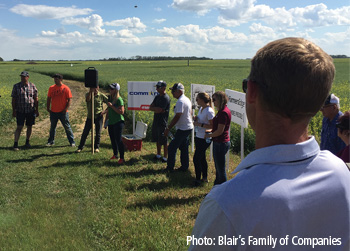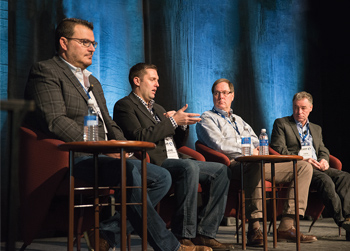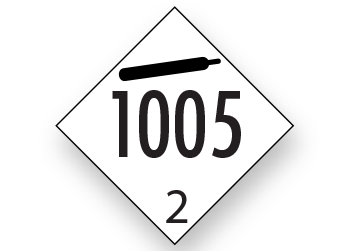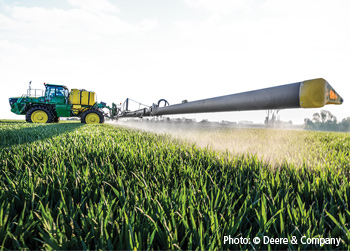This May, I’ll celebrate a decade of working with CAAR, and with that also a decade of working in the agriculture industry. There are so many things that inspire me in this industry, but none more than the shared commitment to innovation and learning. I see this accomplished in so many ways, both formal and informal, everything from ongoing education through post-secondary institutions to the multitude of engaging and informative discussions on social media. Events like the CAAR Conference, as well as the numerous tradeshows and conferences hosted throughout the year, provide a wealth of information and opportunity to learn from friends and colleagues.
 No comments
No commentsIt’s been a fast paced couple of months since I joined the CAAR team in January. Already, the 2018 CAAR Conference has been successfully completed, while other areas of focus, such as the negotiations with Transport Canada regarding anhydrous ammonia nurse tanks, continue at the time of writing.
Hosted in the heart of the Prairies at TCU Place in downtown Saskatoon, Sask., the 2018 “Agri-retail Event of the Year” featured two and a half days of invaluable networking opportunities, professional development and education.
Hearing they had won the 2017 Retailer of the Year award took manager Lane Wanless and his team at Redfern Farm Services, Virden location by surprise, but once it sunk in, they were thrilled. The prestigious award recognizes one CAAR member that went above and beyond to serve its customers, something the team at Virden pride themselves on.
The winner of the 2017 Agronomist of the Year award has worked in a variety of roles in his 40-year career, but Barry Mankewich has always been happiest when helping his customers in the field.
“I love plant nutrition, crop protection and everything to do with agronomy,” says Mankewich, who has been working as an agronomist with GJ Chemical Company Ltd. at their Arnaud, Man. location since 2006.
Trish Meyers, knowledge and innovation manager at Federated Co-operatives Limited (FCL), believes that 4R Nutrient Stewardship allows agri-retailers to steer the conversation about sustainability in agriculture in a way that is good for their farmer customers.
“Farmers have been using 4R practices for a long time, we just haven’t had a name for it,” says Meyers. “The 4R program gives us a way to quantify what farmers are doing and lets us be in the driver’s seat to tell our good news story.”
When she first started working part-time at Parkland Fertilizers in Wetaskiwin, Alta., Pattie Ganske didn’t know she was paving the way for woman in agri-retail and agriculture.
More than three decades later, her excellence in business, participation on numerous boards, including multiple terms on the CAAR board, and unwavering dedication to agriculture advocacy have earned her the 2017 Retailer Hall of Fame award.
Herbicide resistance has been increasing across Canada for the past four decades, with resistant weeds now found on an estimated 38 million acres of cropland in Western Canada.
According to Hugh Beckie, research scientist with Agriculture and Agri-Food Canada (AAFC), the rising percentage of cropland affected by herbicide resistant weeds is showing no signs of slowing down.
Beckie was part of a team that conducted three rounds of prairie weed surveys in 2001-2003, 2007-2009 and 2014-2017. During each period, the team surveyed one of the three Prairie provinces per season. “Across the Prairies, we quickly found that the more we looked, the more resistance we discovered,” he says.
The winner of CAAR’s 2017 Chairman’s Award has been a force in the Ontario fertilizer industry throughout his career, which has spanned more than 40 years. Although his business achievements are numerous and impressive, it is his commitment to giving back to the industry and his active, vocal and passionate support for CAAR that earned Bob McNaughton the Chairman’s Award.
Agri-retailers can play a more prominent role in sustainability.
Western Canadian organizations dedicated to promoting sustainable farming practices are struggling to survive, due to a significant decline in memberships, event attendance and overall interest.
These challenges have recently forced organizations like the Northern Prairies Ag Innovation Alliance (NPAIA) to fold due to lack of funding from membership and government sources.
NPAIA had been a farmer-directed organization that promoted conservation and sustainability on farms, with representation in Saskatchewan, Manitoba and North Dakota.
Four Canadian farmers share their insights into the relationship between farmer and retailer at the 2018 CAAR Conference.
CAAR and Fertilizer Canada are working together to address regulatory challenges on behalf of the industry.
Just days after Mitch Rezansoff joined CAAR as executive director in January, new requirements for ammonia nurse, applicator and highway tanks came into effect under CSA B620-14/B622-14. Rezansoff met these updates head-on and went to work on behalf of membership, attempting to secure an extension for compliance. Rezansoff describes the experience as a steep learning curve, but a necessary one, given the timeliness of the issue.
Agri-retailers can support market access by helping growers Keep it Clean.
Maximum residue limits (MRLs) are playing an increasingly important role in the acceptance of Canadian agriculture commodities in domestic and export markets. However, one of the challenges growers face is that the limits are not always uniform across markets, or they may not yet be established in export markets.
Canadian growers must continue to follow best application practices to keep residues within acceptable limits and markets open. To do so, growers need to know which products can cause concern in certain markets.
 How to resolve AdBlock issue?
How to resolve AdBlock issue? 


